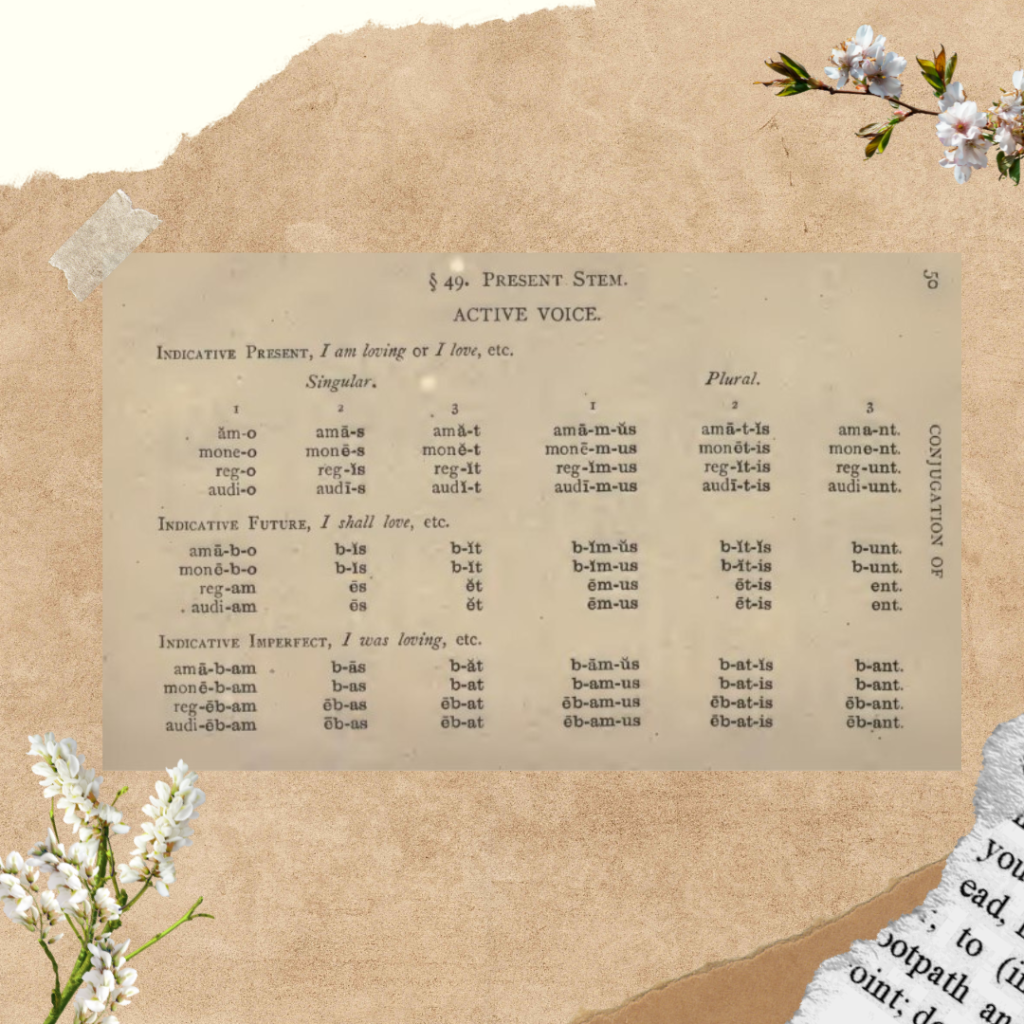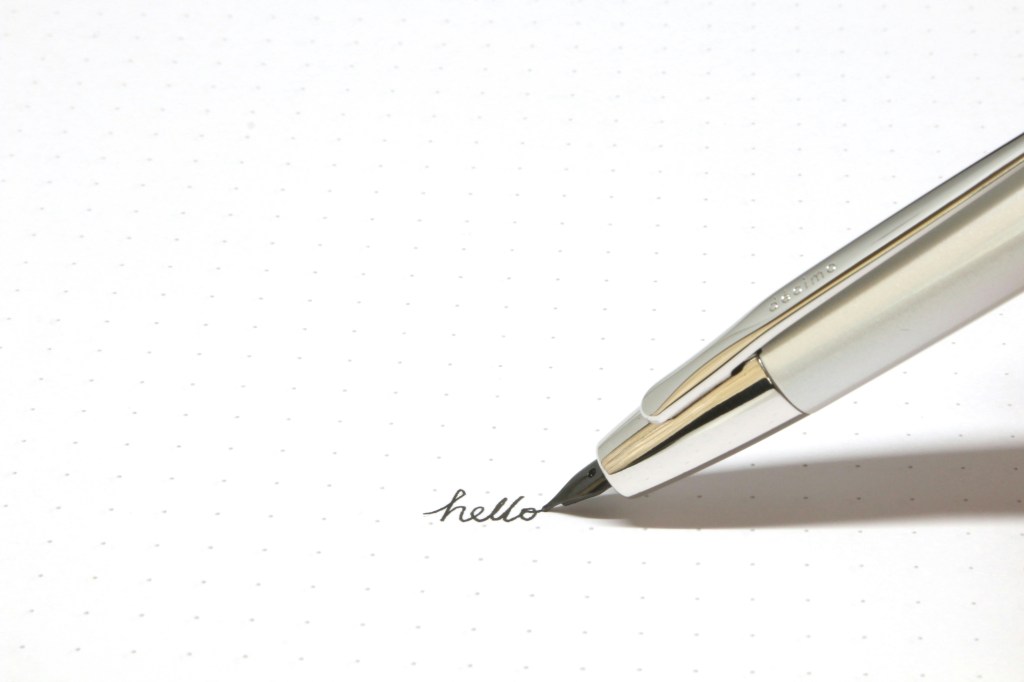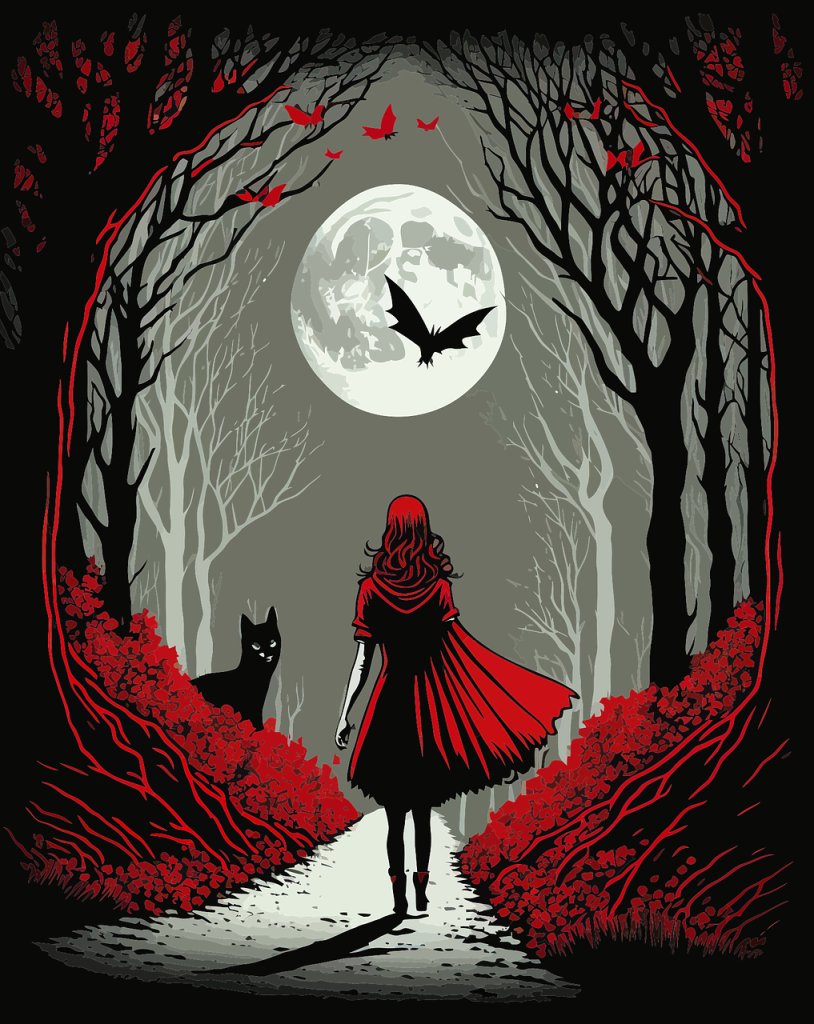
Mirror, mirror on the wall…
Not this again.
Who’s the fairest…
Let me interrupt. Fair is not a gradable adjective. Something’s either fair or not fair. It’s not a sliding scale. So you can stop with your superlative forms.
Who’s the most beautiful…
Oh, please. Now your couplet doesn’t even scan. And saying ‘fair’ to mean ‘beautiful’ is so 16th century.
But while we’re here, my Queen, let’s take a moment to discuss the perils of taking into mirrors. Ask Alice. Ask the fools who summoned Candyman. There’s a reason they’re called looking glasses, not talking glasses.
When you talk to a mirror, you’re speaking to Language itself. Everything gets meta. Everything comes out backward. Out backward everything comes haha.
Who’s the fairest…
We’re back to ‘fairest’ now? Let me make this easy for you. The girl who sells posies at the market, she’s fair. Your sister the duchess, she’s fairer than the posy seller. And you, my superlative Queen, are the fairest of these three.
Who’s the fairest of them all?
What is it about superlatives? It’s never enough to be better than two. When there’s three, there’s a multitude. Where there’s a multitude, there’s the one. (The best, the most, the greatest.)
Who’s the fairest…
I heard you the first time, most hapless of highnesses. How do I break it to you? There will always be someone who’s prettier than you. Go forth and destroy them with your poisoned words.
Would you like to know more about this story? I’ll be discussing it in an upcoming episode of the Structured Visions podcast. You can also sign up to the Grammar for Dreamers newsletter to get monthly updates on the ideas that inspire my work.


















